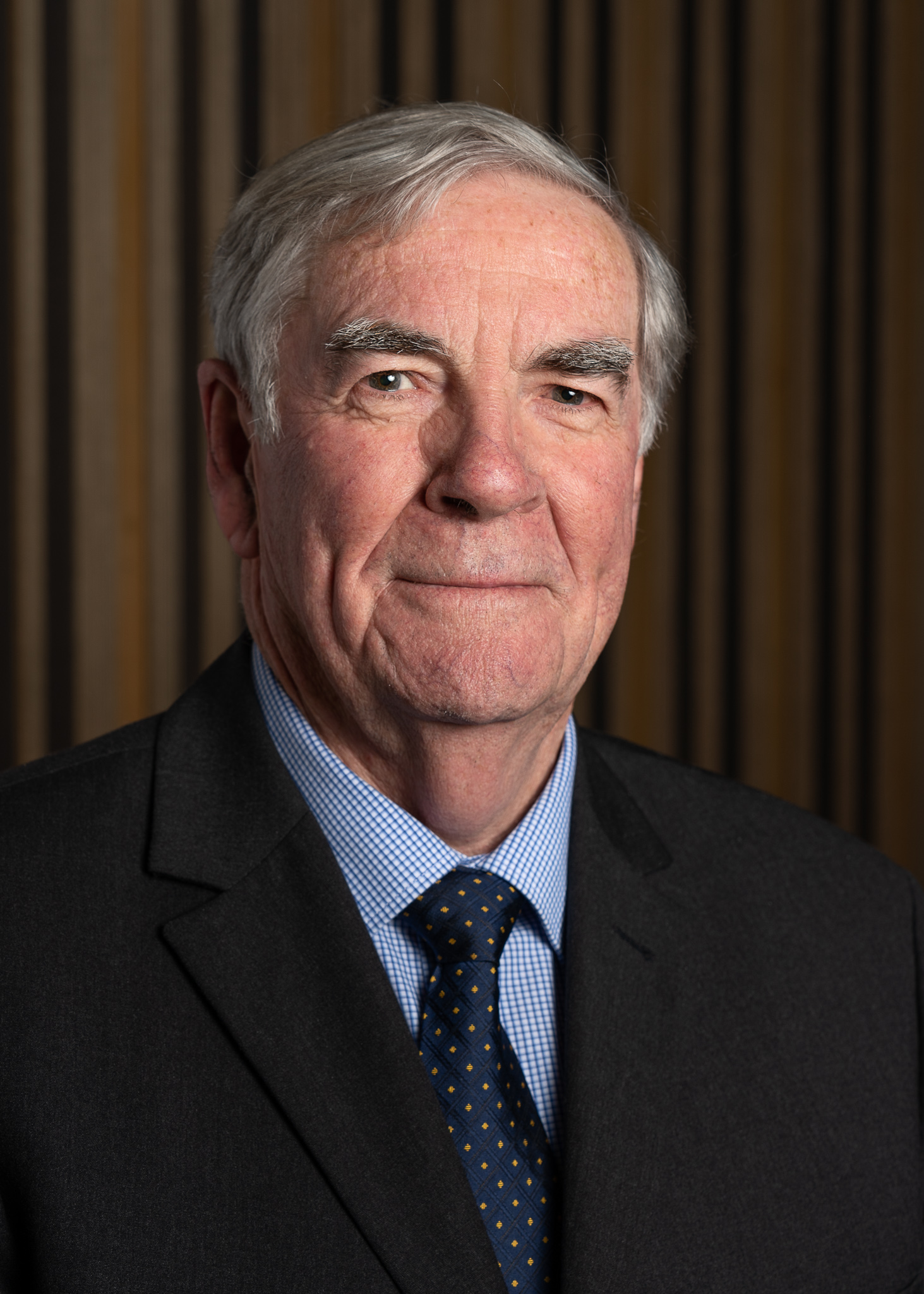Hamilton Laboratory
-
Professor

John Hamilton+ 61 3 8344 5480
Research Overview
The main focus of our current research is the control of the development of cells of the monocyte/macrophage lineage and the function of this lineage in inflammatory disease. More specifically it involves (i) animal models of inflammation and pain, e.g. arthritis, with particular reference to the effects of GM-CSF and CSF-1 on disease progression and pain, (ii) an analysis of the signal transduction pathways involved in the action of the CSFs and (iii) characterization of monocyte/macrophage subphenotypes. Several potential targets for drug intervention have arisen from this work and our discoveries have impacted on clinical medicine and have led to commercial return. Our work has specific relevance to arthritic disease, in particular, but also has wide implication for many aspects of inflammation and pathology, and therefore for many diseases.
Staff
Laboratory Head
Professor John Hamilton, Department of Medicine, UoM.
Senior Scientist
Dr Kevin Ming-Chin Lee, Research Fellow, UoM
Postdoctoral Fellow
Dr Tanya Lupancu, Research Fellow
PhD student
Ms Mahtab Eivazitork
Clinical Affiliates
Prof. Richard de Steiger, Victor Smorgon Chair of Surgery (Epworth)
A/Prof. Keith Lim, Head of Rheumatology Unit (Western Health)
Dr. Cecil Hor, Rheumatologist (Western Health)
Dr. Matthew Jiang, Rheumatologist (Western Health)
Dr. Ju Ann Tan, Rheumatologist (Western Health)
Collaborators
A/Prof Adrian Achuthan, Department of Medicine, UoM
Dr. Daniel Poole, Monash Institute of Pharmaceutical Sciences, Monash University.
Dr. Nicholas Veldhuis, Monash Institute of Pharmaceutical Sciences, Monash University.
Prof. Matthew Watt, Head of Department Anatomy and Physiology, UoM
Dr. Stacey Keenan, Research Fellow, UoM
Prof. Andrew Murphy, Head of Haematopoiesis and Leukocyte Biology, Baker Heart & Diabetes Institute
Funding
- IL-23 in pain
Prof. John Hamilton, Dr Kevin Ming-Chin Lee, Dr. Adrian Achuthan
Industry
2021-present
2 years; $690,000 AUD
- LEX34425 Cytokines and pain
Prof. John Hamilton, Dr Kevin Ming-Chin Lee, Dr. Adrian Achuthan,
Industry
2019-present
4 years; $1.5 million AUD
Research Projects
- Student Opportunities
- The role of granulocyte macrophage colony stimulating factor (GM-CSF) in arthritis and inflammation
- Molecular signaling pathways controlling gene expression during chronic disease progression
- A new host-pathogen interaction in arthritis
- Elucidating molecular signalling pathways controlled by anti-inflammatory steroids
- GM-CSF-mediated molecular signalling pathways contributing to inflammation
Faculty Research Themes
Key Contact
For further information about this research, please contact Professor John Hamilton
Department / Centre
Unit / Centre
MDHS Research library
Explore by researcher, school, project or topic.